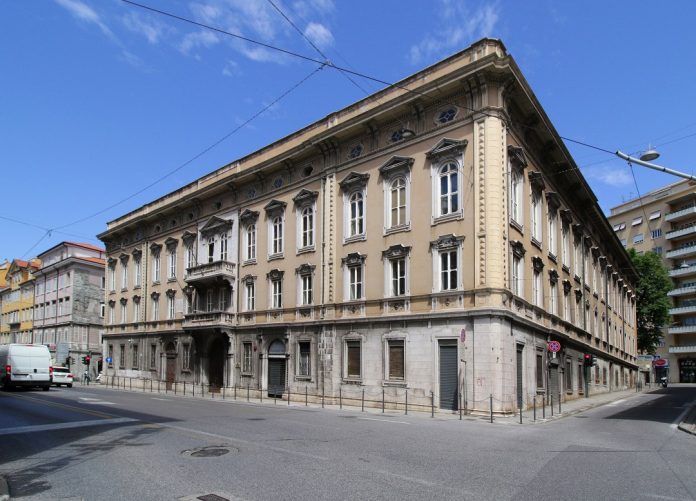by InTrieste
In a country where more than 360,000 people are blind and 1.5 million live with visual impairments, an innovative technology is transforming the way they navigate the world. This groundbreaking solution, known as LETIsmart VOCE, is designed to allow blind and visually impaired individuals to regain autonomy in a manner previously unimaginable. At the forefront of this movement is the Tartini Conservatory of Trieste, now the first institution in Italy to embrace this technology, ensuring its premises are fully accessible to students and visitors with visual disabilities.
LETIsmart VOCE, the brainchild of Marino Attini, a visually impaired engineer and member of the Italian Union of the Blind and Visually Impaired (UICI), was introduced at a ceremony attended by regional and city leaders. Developed by SCEN, a Trieste-based microelectronics company, this system uses state-of-the-art LoRA radio technology to communicate with a modified white cane, providing users with real-time information about their surroundings.
The technology is simple yet powerful: a small handle attached to the cane contains a sophisticated system that interacts with a network of radio beacons. These beacons, installed throughout the Conservatory in elevators, halls, and key locations, transmit encrypted messages that inform users about the environment. By pressing a button on the cane, the user receives an audio signal guiding them to their destination—completely independently, without the need for GPS, computers, or internet access.
For visually impaired people like Attini, the system is nothing short of revolutionary. “LETIsmart is designed with purely ethical goals in mind: to enhance the safety and independence of people with severe visual impairments,” said Attini, who developed the technology alongside SCEN. The project has already been rolled out in numerous Italian cities, and its reach is growing. Trieste, the first city to adopt LETIsmart, installed the technology in public spaces, including traffic lights and streetlights, creating a network that allows users to navigate safely throughout the city.
The impact of LETIsmart VOCE extends beyond the blind community. At the presentation, Alessia Rosolen, Regional Councillor for Labor, Education, and Family, emphasized the importance of inclusion across all sectors. “The Friuli Venezia Giulia Region is committed to fostering inclusive projects,” she said. “We are proud that the Tartini Conservatory is leading the way in accessibility and usability for all its students and visitors.”
Massimo Tognolli, Trieste’s Councillor for Social Policies and Welfare, echoed Rosolen’s sentiments, stressing the need to move beyond labels like “disabled.” “We must put the person at the center,” he said. “It’s not about what they cannot do but about their potential. With tools like LETIsmart, we can build a more inclusive society.”
The initiative is part of a broader effort in Italy to improve the quality of life for those with disabilities. Attini’s technology has garnered national attention, winning awards such as the 2018 Solidarity Award from the Friuli Venezia Giulia Regional Council for Disability Associations and the 2022 Louis Braille Prize for its contributions to freedom and autonomy.
The Tartini Conservatory is now a model for institutions across the country. “We strongly wanted to adopt this technology, and I will be presenting it at the upcoming National Conservatory Directors’ Conference to encourage its implementation in other Italian institutions,” said Sandro Torlontano, the Conservatory’s director.
LETIsmart VOCE is more than a technological advancement—it’s a step toward a more equitable society. As the system continues to expand to more cities and institutions, it serves as a reminder that innovation can—and should—benefit everyone.






























